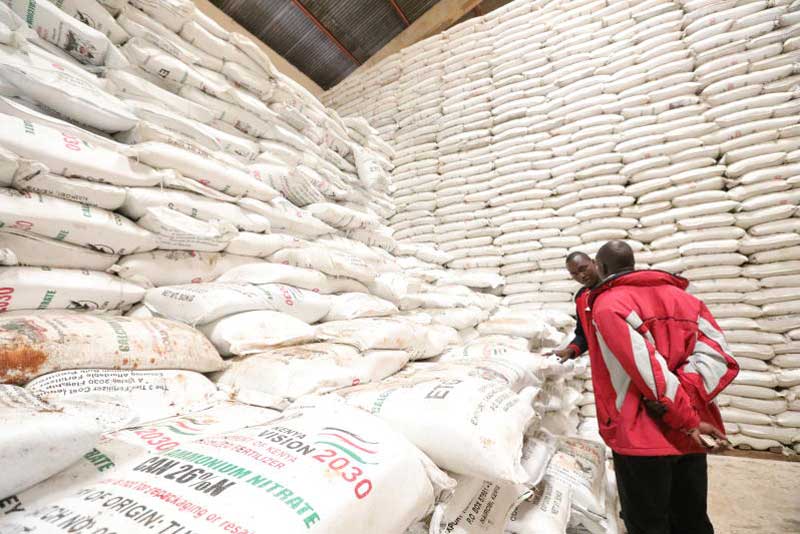×
The Standard e-Paper
Home To Bold Columnists

Food production in the country has not improved despite the Government pumping Sh6.5 billion into buying cheap fertiliser for farmers, new data show.
Official data indicate production of cereals - maize, wheat and rice - which are critical for food security in the country, barely improved between 2009 and last year.